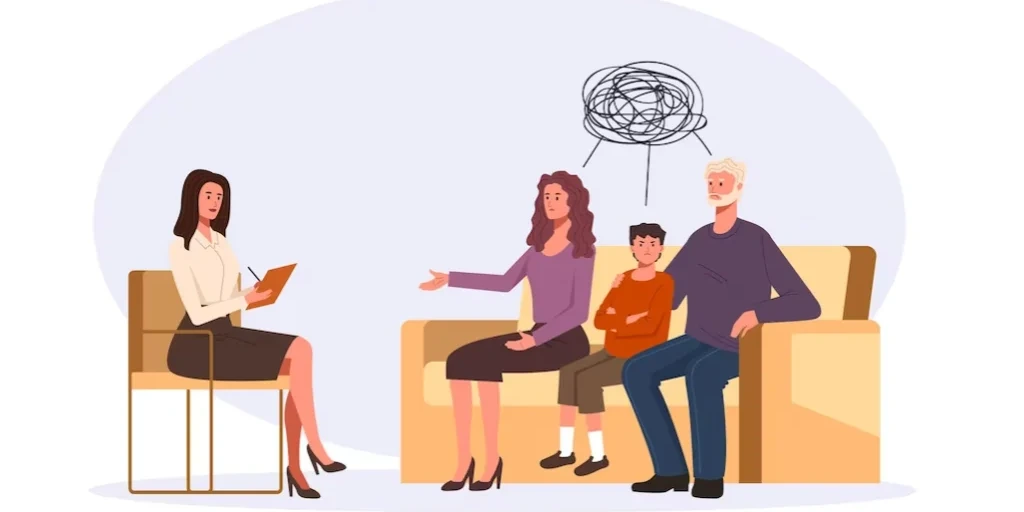24/7 Helpline:
(866) 899-221924/7 Helpline:
(866) 899-2219
Learn more about Ecstasy Rehab centers in Steele County

Other Insurance Options

UMR

Magellan Health

Health Choice

Optum

Premera

Self-pay options

Aetna

Magellan

Sliding scale payment assistance

Private insurance

GEHA

Anthem

Medical Mutual of Ohio

Coventry Health Care

Oxford

American Behavioral

Carleon

WellCare Health Plans

EmblemHealth

AllWell

Beauterre Recovery Institute
Beauterre Recovery Institute is a private rehab located in Owatonna, Minnesota. Beauterre Recovery I...

South Central Human Relations Center – Dual Recovery Program
South Central Human Relations Center – Dual Recovery Program is a non-profit rehab located in Owaton...

Owatonna Hospital – Behavioral Health
Owatonna Hospital – Behavioral Health is a private rehab located in Owatonna, Minnesota. Owatonna Ho...

West Hills Lodge
West Hills Lodge is a private rehab located in Owatonna, MN. West Hills Lodge specializes in the tre...





































Safe Harbour
Safe Harbour is a private rehab located in Owatonna, Minnesota. Safe Harbour specializes in the trea...































